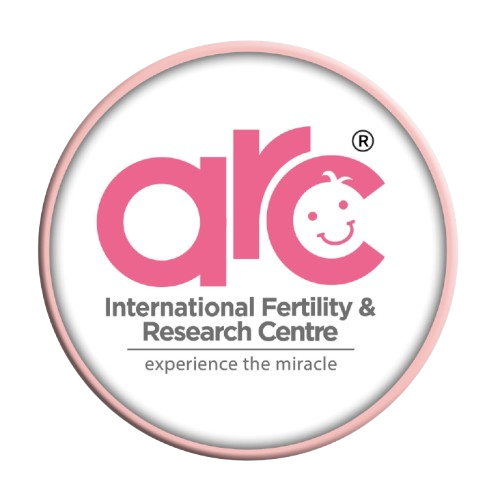Why Choose Hysteroscopy at ARC?
Restore and enhance your fertility with expert led Hysteroscopy at ARC with precision and care.
- High Diagnostic Accuracy – Advanced equipment for precise identification of uterine issues
- Minimally Invasive Procedure – Quick recovery with no major incisions
- Improved Fertility Outcomes – Corrects abnormalities that may prevent successful pregnancy
- IVF Excellence Award
- ICMR Certified
- 25+ Years IVF Expertise
Start Your Journey Today
Get expert consultation from our fertility specialists
- Trusted by 1,00,000+ Couples
Understanding Hysteroscopy Treatment
Get comprehensive information about Hysteroscopy to make informed decisions about your fertility journey
What is Hysteroscopy?
Understanding Hysteroscopy in Fertility Care
Hysteroscopy is a minimally invasive procedure that allows fertility specialists to examine and treat the inside of the uterus using a thin, lighted instrument called a hysteroscope. It plays a vital role in diagnosing and correcting conditions that affect fertility and menstrual health.
- A hysteroscope is gently inserted through the cervix into the uterus
- The uterus is filled with saline for clear visibility
- Real-time imaging helps detect and treat abnormalities like polyps, fibroids, adhesions, or a uterine septum
- It is a day-care procedure with minimal discomfort
- Often used as part of pre-IVF evaluation to improve treatment success
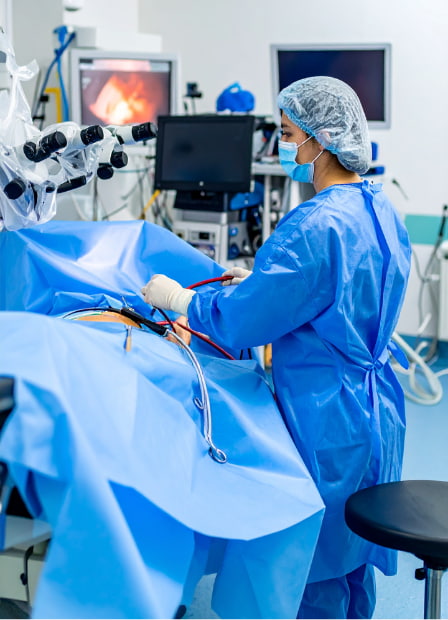
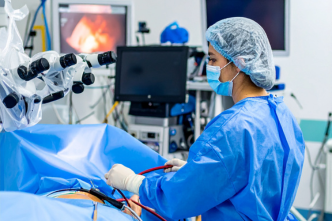
When to Choose Hysteroscopy?
Right time for Hysteroscopy in fertility treatment
Hysteroscopy is recommended when fertility issues may be related to the uterine cavity or for women experiencing abnormal bleeding or recurrent pregnancy loss.
- Recurrent miscarriages or implantation failures
- Suspected uterine polyps, fibroids, or adhesions
- Abnormal uterine bleeding
- Unexplained infertility after basic evaluations
- Pre-IVF evaluation to ensure a healthy uterine lining
- Removal of foreign bodies or old IUDs
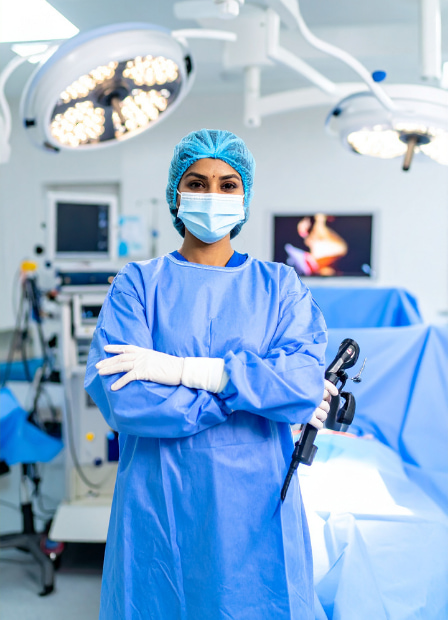

Who Can Prefer Hysteroscopy?
Ideal candidates for Hysteroscopy procedure
Hysteroscopy is safe and effective for most women and is often suggested when uterine factors are suspected in fertility challenges.
- Women with irregular or heavy menstrual cycles
- Women undergoing IVF or IUI with past failed attempts
- Women with abnormal ultrasound findings (e.g., uterine septum or polyp)
- Women experiencing postmenopausal bleeding
- Women with a history of miscarriage or retained products of conception
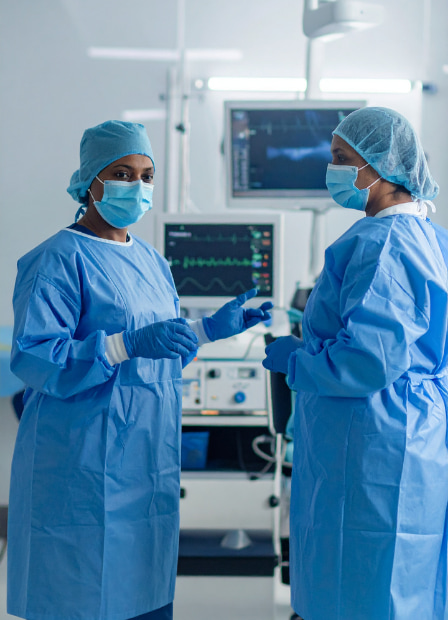
Ready to Start Your Hysteroscopy Journey?
Schedule a consultation with our fertility specialists to discuss your personalized treatment plan
Hysteroscopy Process at ARC
Our hysteroscopy procedure is performed with precision and care by experienced gynecologic surgeons.
1
Pre-Procedure Evaluation
- 1 day
Scans and basic blood tests are done to assess uterine health and rule out infection or contraindications.
2
Hysteroscopy Procedure
- 30–45 minutes
A thin hysteroscope is inserted through the cervix. The uterus is examined, and any issues are diagnosed or treated immediately. The procedure is usually done under local or mild sedation.
3
Recovery & Results
- Same day
Patients return home the same day with minimal downtime. A follow-up is scheduled to discuss findings and next steps.
4
Fertility Treatment Continuation
- Post-procedure
Based on the results, the fertility treatment plan (IUI/IVF) is optimized to improve pregnancy chances.
Ready to Begin Your IUI Journey?
Our experienced fertility specialists will guide you through every step of the process with personalized care and support
Why Choose ARC for Hysteroscopy
Leading fertility care with proven success and trusted expertise
Trusted by millions
Performed with Precision
Proven results
Backed by Expertise
Ready to Begin Your Hysteroscopy Journey?
Our experienced fertility specialists will guide you through every step of the process with personalized care and support
Frequently Asked Questions
Get answers to the most common Hysteroscopy questions
Is hysteroscopy painful?
Most patients experience only mild cramping or discomfort. The procedure can be done with local or general anesthesia based on the case, ensuring maximum comfort.
How long does the hysteroscopy procedure take?
Diagnostic hysteroscopy usually takes 10–20 minutes. If treatment is done during the same procedure (operative hysteroscopy), it may take slightly longer.
Will I need time off work after hysteroscopy?
In most cases, no. Patients can return to normal activities within a day, though it's advisable to rest for the remainder of the procedure day.
Can hysteroscopy improve fertility outcomes?
Yes. It helps detect and correct uterine abnormalities like polyps, fibroids, or adhesions which may enhance embryo implantation and pregnancy success.
Are there any risks with hysteroscopy?
Hysteroscopy is considered very safe. Minor risks include infection, bleeding, or cramping but serious complications are extremely rare, especially in expert hands like at ARC.
